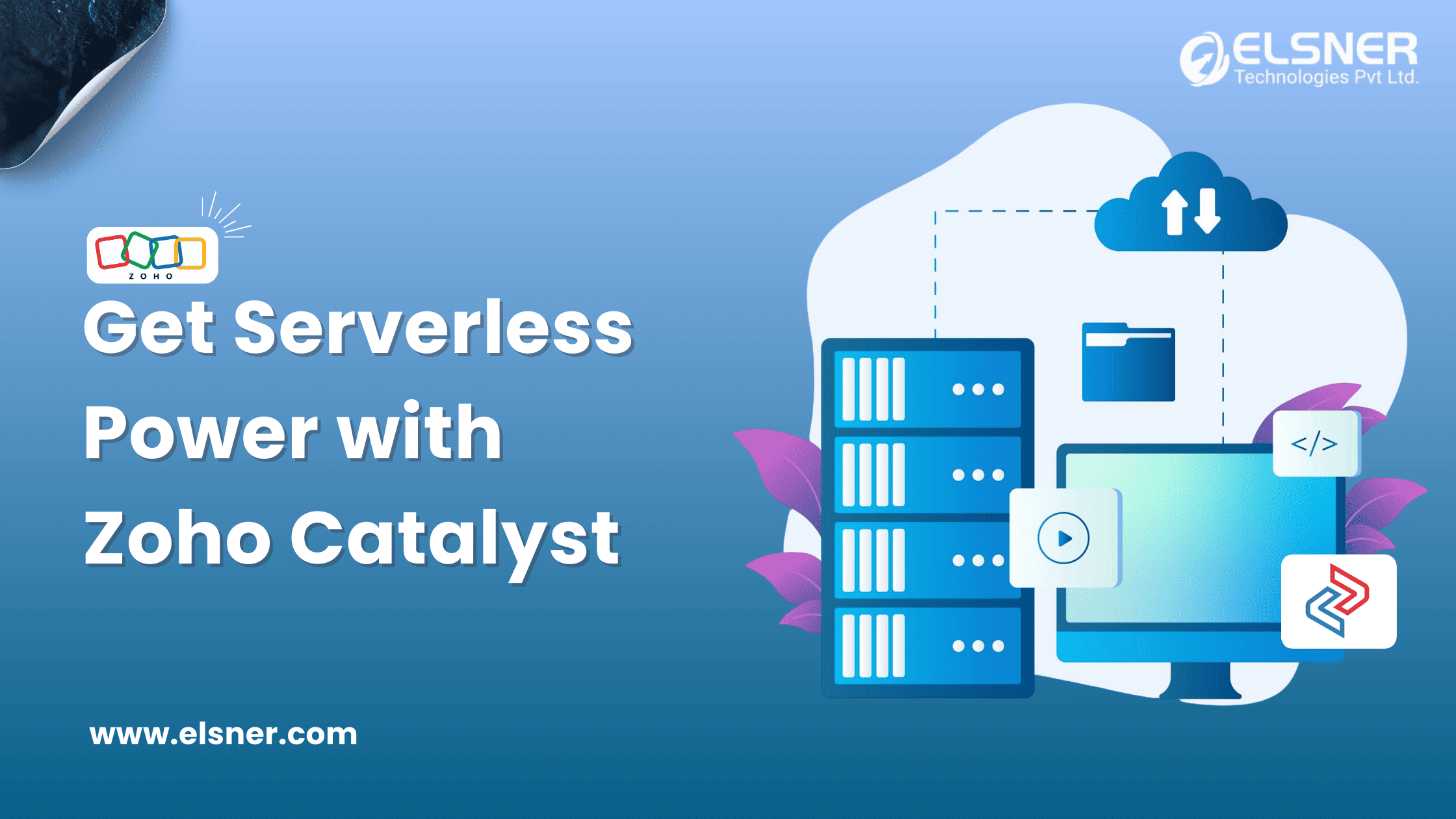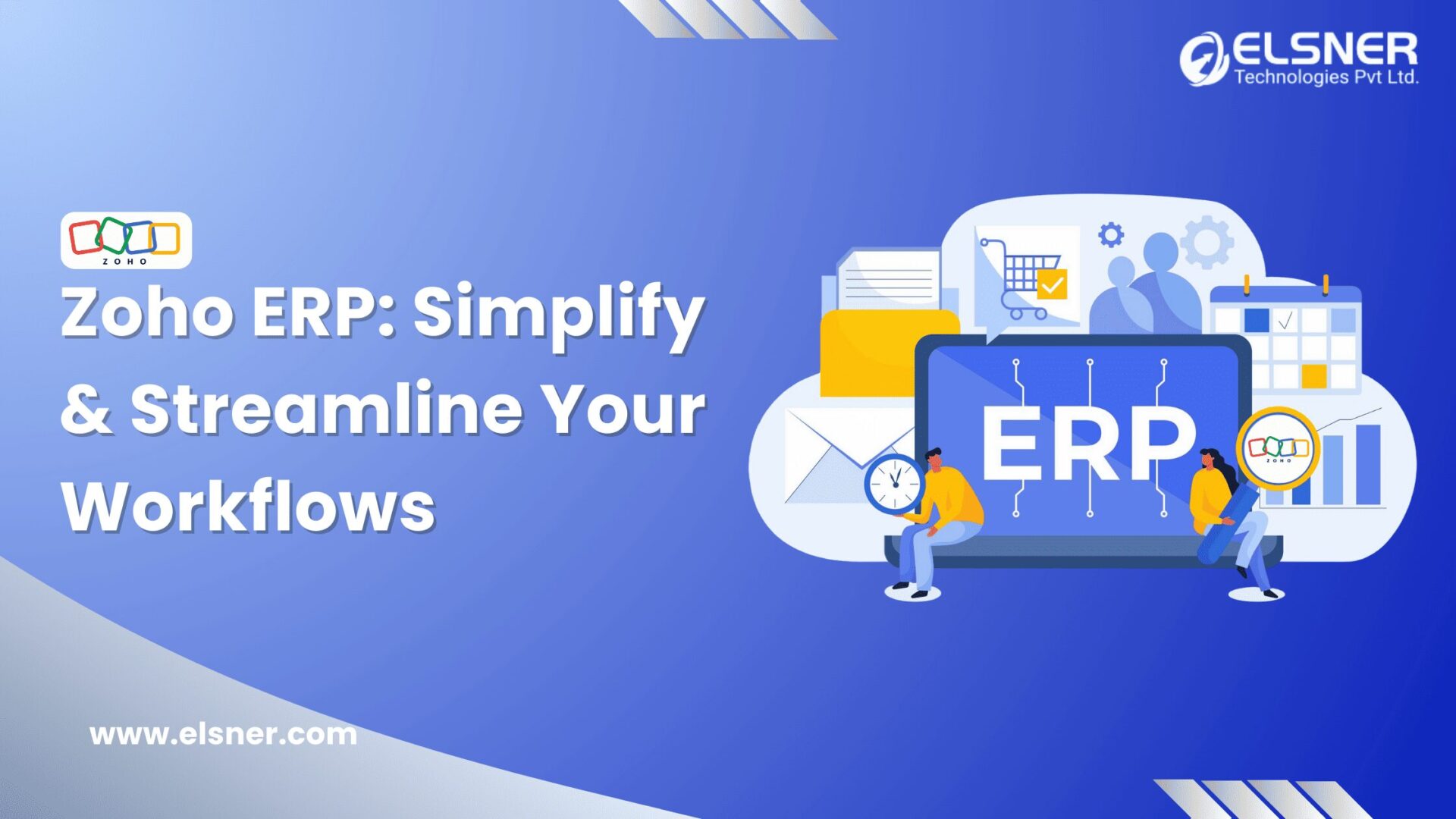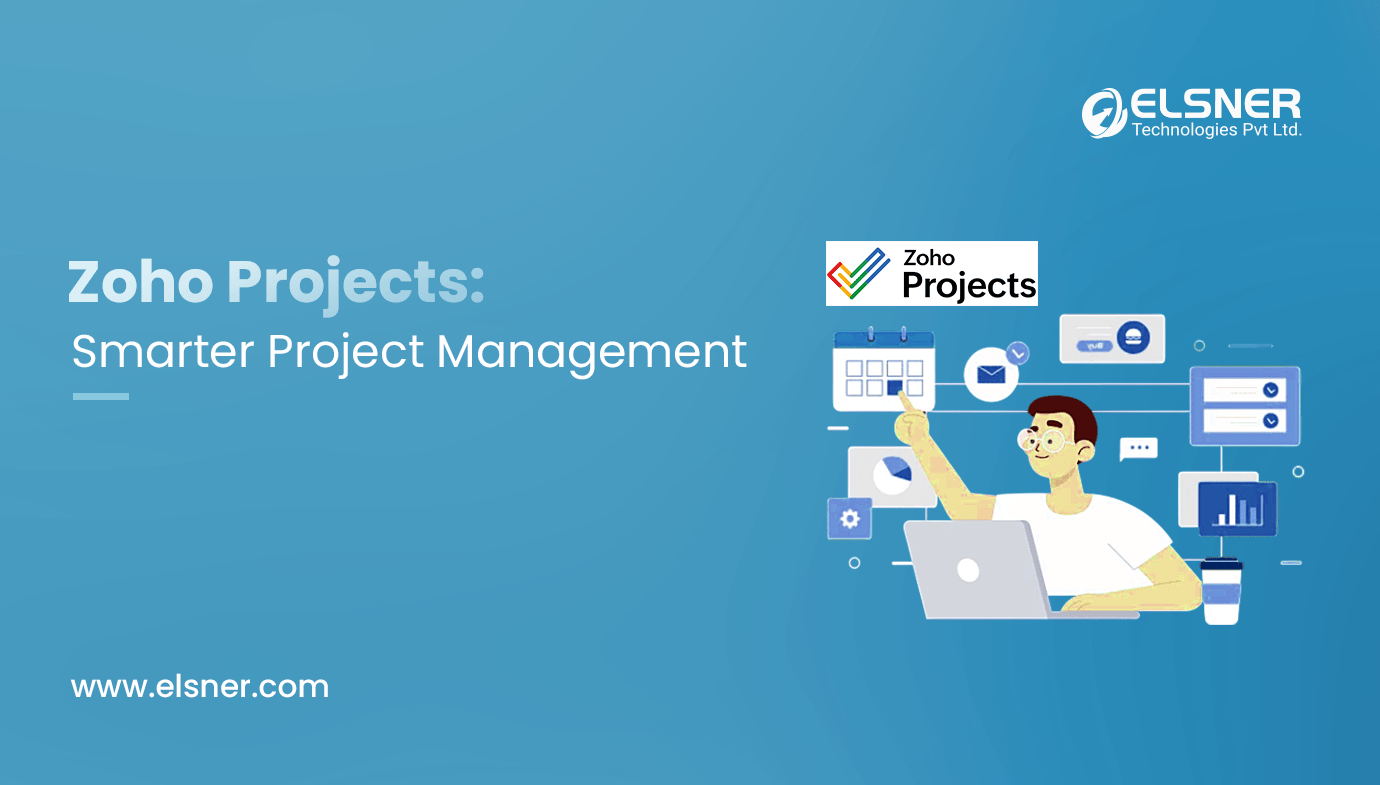- Why does Digital Transformation matter?
- What is the role of Zoho Analytics?
- Easy Data Integration
- Advanced Analytics
- Interactive Dashboards
- Collaboration and Sharing
- Cost-Effective Solution
- Case Studies and Success Stories
- What are the Benefits of Zoho Analytics?
- Data Visualization
- Data Modeling
- Data Security
- Scalability
- Customization
- Real-World Applications of Zoho Analytics
- Retail
- Finance
- Healthcare
- What are the Future Trends in Digital Transformation and Analytics?
- AI and Machine Learning
- Edge Computing
- Data Privacy and Security
- Cloud Adoption
- IoT Integration
- Digital Transformation is just a step away with ZOHO
According to a recent study by IDC, 40% of all technology spending will go towards digital transformation, with enterprises spending an estimated $2.3 trillion in 2023 alone. To effectively navigate this digital shift, businesses are increasingly turning to advanced analytics tools like Zoho Analytics to gain valuable insights from their data, optimize operations, and drive growth.
Zoho has turned out to be a future proof technology that plays an important role when it comes to successful businesses. There has been a rapid shift in business analytics posts using Zoho. This blog allows you to understand how ZOHO is bringing about a change in today’s changing landscape.
Why does Digital Transformation matter?
Digital transformation is more than just a buzzword, it’s a strategic imperative for businesses looking to thrive in the digital age. Organizations that embrace digital transformation are better positioned to streamline processes, improve decision-making, and enhance customer experiences. According to a report by McKinsey, companies that undergo digital transformation are 23 times more likely to acquire customers, six times more likely to retain them, and 19 times more likely to be profitable as a result.
What is the role of Zoho Analytics?
Zoho Analytics plays a crucial role in helping organizations achieve digital transformation by providing powerful analytics capabilities that enable them to make informed decisions based on data-driven insights. With Zoho Analytics, businesses can easily collect, analyze, and visualize data from various sources, including databases, spreadsheets, and cloud applications. This enables organizations to uncover hidden trends, identify opportunities for improvement, and drive innovation across their operations.
What are the Key Features of Zoho Analytics?

Easy Data Integration
Zoho Analytics allows businesses to seamlessly integrate data from multiple sources, including third-party applications like Salesforce, Google Analytics, and QuickBooks. This enables organizations to consolidate their data in one place and gain a comprehensive view of their operations.
Advanced Analytics
Zoho Analytics offers a wide range of advanced analytics features, including predictive analytics, artificial intelligence, and machine learning. These capabilities enable organizations to forecast trends, identify patterns, and make data-driven decisions with confidence.
Interactive Dashboards
Zoho Analytics provides interactive dashboards that allow users to visualize data in real-time and gain valuable insights at a glance. This enables businesses to monitor key performance indicators (KPIs), track progress towards goals, and make informed decisions quickly.
Collaboration and Sharing
Zoho Analytics offers robust collaboration and sharing features that allow teams to collaborate on data analysis projects, share insights with stakeholders, and make data-driven decisions together. This fosters a culture of data-driven decision-making and ensures that everyone is on the same page.
Cost-Effective Solution
Zoho Analytics is a cost-effective solution compared to other analytics tools on the market. Its flexible pricing plans make it accessible to businesses of all sizes, from startups to large enterprises, making it an ideal choice for organizations looking to maximize their ROI on analytics.
Case Studies and Success Stories
Several organizations have successfully leveraged Zoho Analytics to achieve digital transformation and drive business growth. For example, a leading Ecommerce company used Zoho Analytics to analyze customer data and optimize its marketing campaigns, resulting in a 20% increase in sales. Similarly, a healthcare provider used Zoho Analytics to analyze patient data and improve patient care, leading to a 15% reduction in hospital readmissions.
What are the Benefits of Zoho Analytics?
Data Visualization
Zoho Analytics offers a wide range of visualization options, including charts, graphs, and maps, which allow users to explore data in a visually appealing and easy-to-understand format. This makes it easier for businesses to identify trends, patterns, and outliers in their data, leading to better decision-making.
Data Modeling
Zoho Analytics provides advanced data modeling capabilities, allowing users to create complex data models that accurately represent their business processes. This enables organizations to perform advanced analytics tasks, such as predictive modeling and scenario analysis, to gain deeper insights into their operations.
Data Security
Zoho Analytics takes data security seriously, offering robust security features, such as data encryption, access controls, and audit logs, to ensure that sensitive information is protected. This gives organizations peace of mind knowing that their data is secure and compliant with regulatory requirements.
Scalability
Zoho Analytics is highly scalable, allowing businesses to easily scale their analytics operations as their data grows. Whether an organization is analyzing thousands or millions of rows of data, Zoho Analytics can handle the workload, ensuring that businesses can continue to derive insights from their data as they grow.
Customization
Zoho Analytics offers a high level of customization, allowing users to tailor the platform to meet their specific needs. Whether it’s creating custom reports, dashboards, or data visualizations, Zoho Analytics provides the flexibility to adapt to any business requirement.
Real-World Applications of Zoho Analytics
Retail
Retailers can use Zoho Analytics to analyze sales data, track inventory levels, and identify trends in customer behavior. By gaining insights into these areas, retailers can optimize their operations, improve customer satisfaction, and drive sales growth.
Finance
Financial institutions can use Zoho Analytics to analyze transaction data, detect fraud, and identify investment opportunities. By leveraging these insights, financial institutions can make better-informed decisions, reduce risk, and improve overall financial performance.
Healthcare
Healthcare providers can use Zoho Analytics to analyze patient data, track treatment outcomes, and improve healthcare delivery. By analyzing this data, healthcare providers can identify areas for improvement, reduce costs, and enhance patient care.
What are the Future Trends in Digital Transformation and Analytics?
Looking ahead, the future of digital transformation and analytics is bright, with several key trends shaping the industry. These include:
AI and Machine Learning
AI and machine learning are playing an increasingly important role in digital transformation, enabling organizations to automate processes, personalize customer experiences, and derive deeper insights from their data.
Edge Computing
Edge computing is gaining traction as organizations look to process data closer to the source to reduce latency and improve performance. This trend is particularly relevant in industries such as manufacturing, healthcare, and transportation.
Data Privacy and Security
With the increasing amount of data being generated and analyzed, data privacy and security are becoming major concerns. Organizations are investing in technologies and strategies to protect their data and comply with regulations such as GDPR and CCPA.
Cloud Adoption
Cloud computing continues to be a key enabler of digital transformation, allowing organizations to scale their operations, reduce costs, and improve agility. As cloud technology advances, we can expect to see even greater adoption across industries.
IoT Integration
The Internet of Things (IoT) is becoming more prevalent, with connected devices generating vast amounts of data. By integrating IoT data with analytics platforms like Zoho Analytics, organizations can gain valuable insights and improve decision-making.
Digital Transformation is just a step away with ZOHO
Achieving digital transformation is essential for organizations looking to thrive in today’s digital age, and Zoho Analytics plays a crucial role in enabling this transformation. By providing powerful analytics capabilities, easy data integration, and cost-effective solutions, Zoho Analytics empowers businesses to make informed decisions, drive innovation, and stay ahead of the competition.
As we look to the future, it’s clear that digital transformation and analytics will continue to play a pivotal role in shaping the business landscape, and organizations that embrace these trends will be well-positioned for success. Zoho Analytics plays a crucial role in helping organizations achieve this transformation. By providing powerful analytics capabilities, easy data integration, and cost-effective solutions, Zoho Analytics enables businesses to make informed decisions, drive innovation, and stay ahead of the competition.

About Author
Pankaj Sakariya - Delivery Manager
Pankaj is a results-driven professional with a track record of successfully managing high-impact projects. His ability to balance client expectations with operational excellence makes him an invaluable asset. Pankaj is committed to ensuring smooth delivery and exceeding client expectations, with a strong focus on quality and team collaboration.





